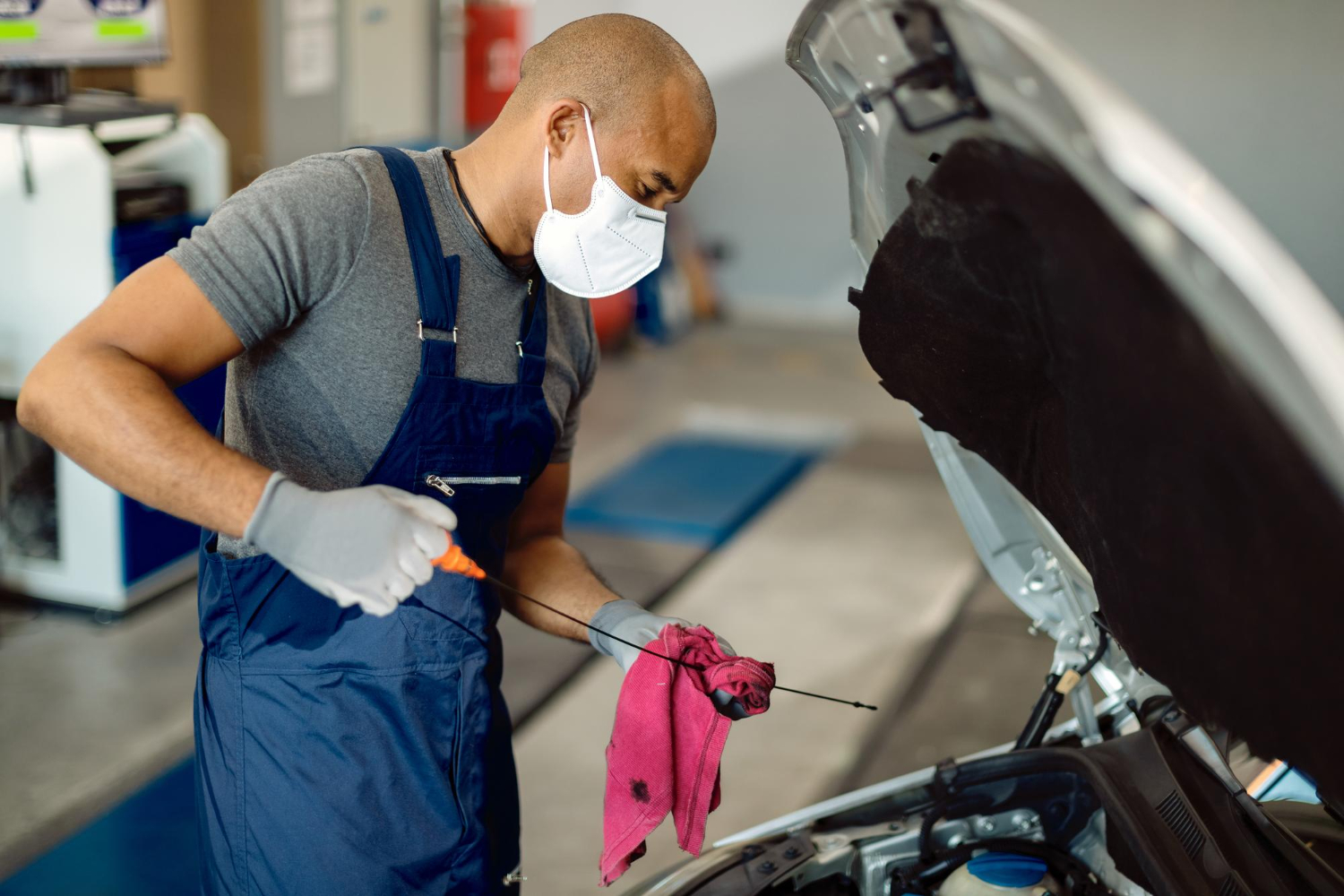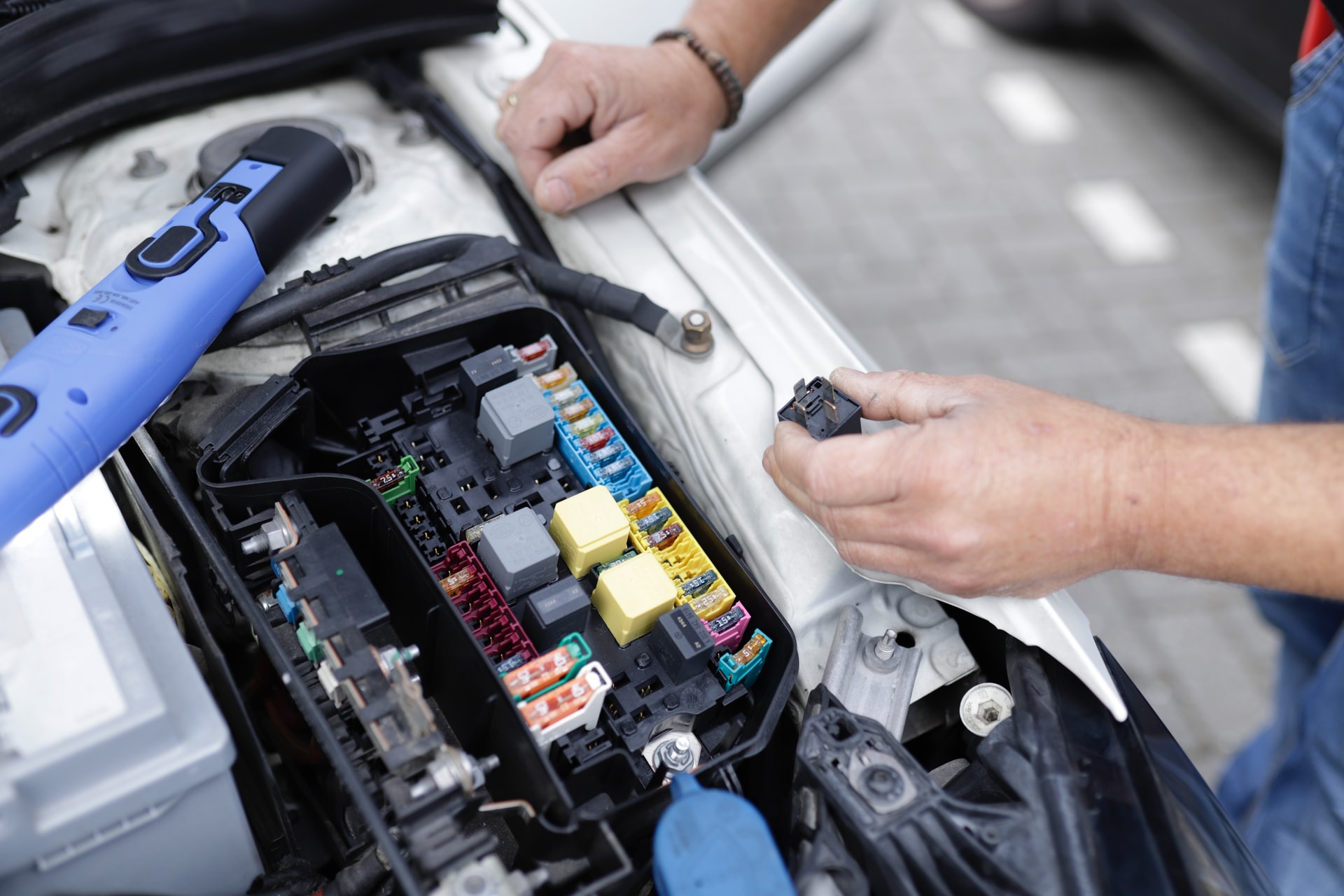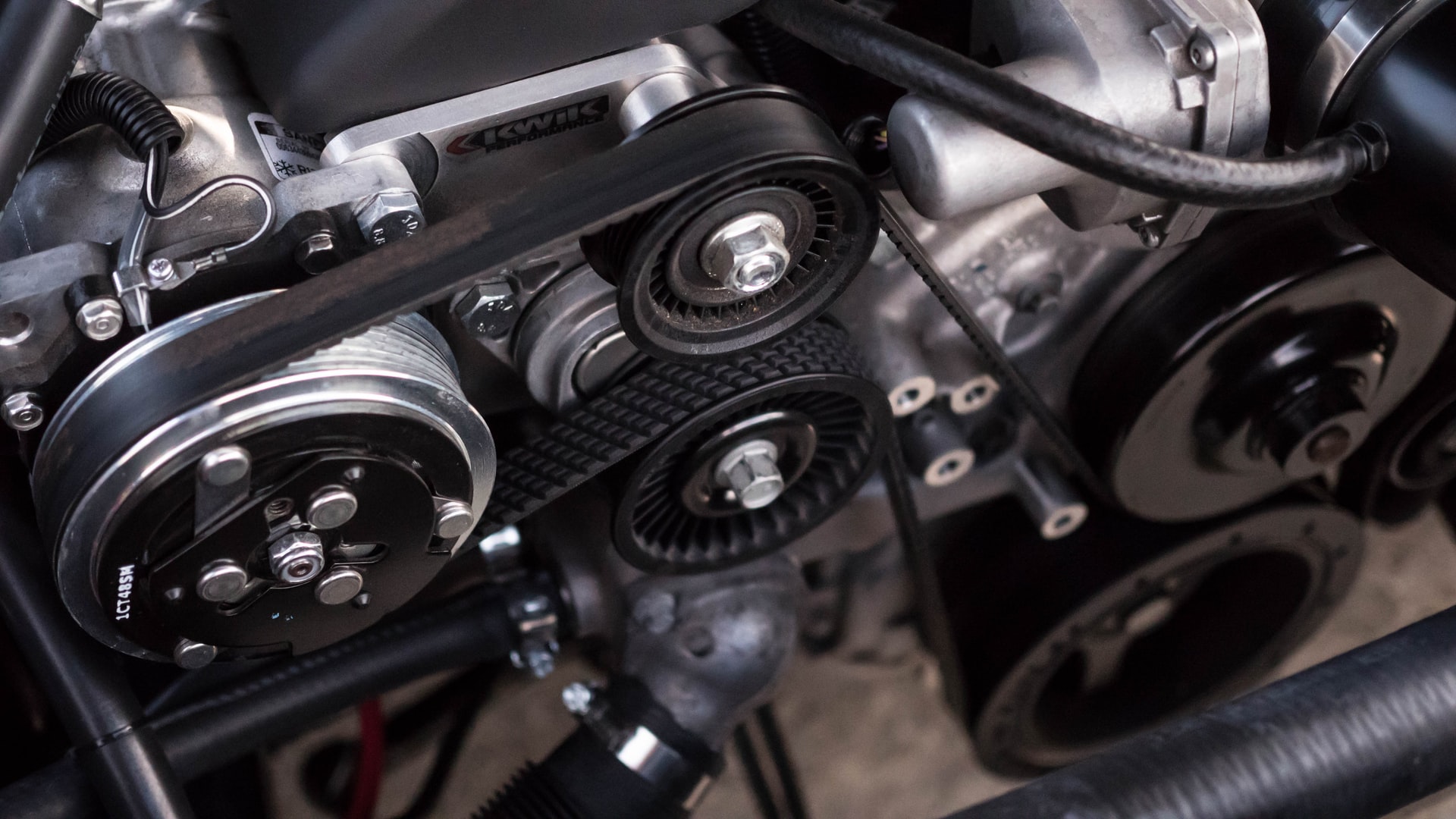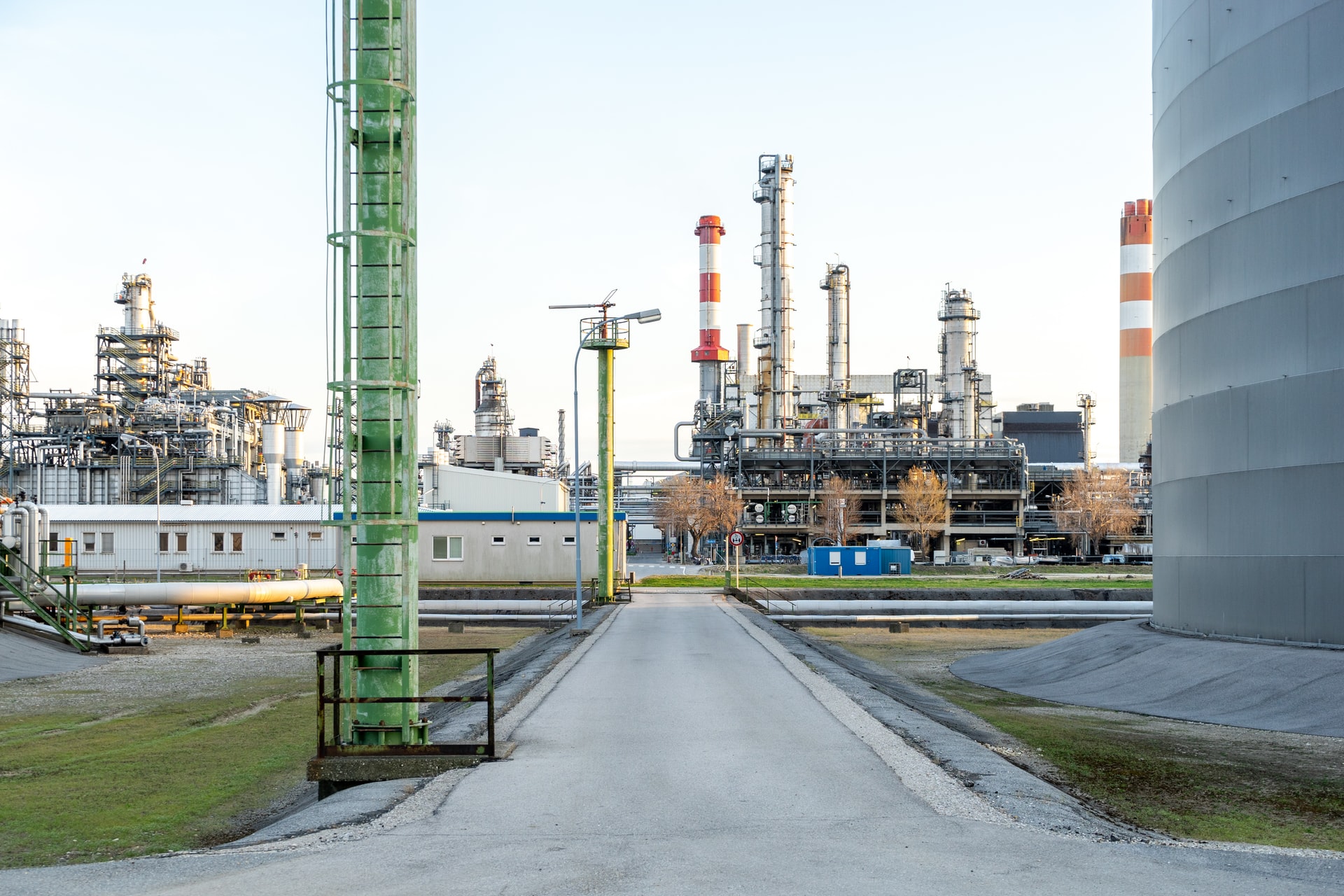Car gear systems come into contact with a lot of metal-to-metal contact, which causes heat and wear. By minimising friction and transferring heat to moving parts, gear oil can protect them. Changing the gear oil in your car on a regular basis is necessary maintenance work that may help you extend the life of your vehicle and avoid costly repairs down the road. The importance of gear oil for your car is discussed in this blog.
What exactly is the function of gear oil?
Gear oil is a type of lubricant used in automatic and manual transmissions, differentials, drive axles, and transfer cases in automobiles and trucks. Gear oil can aid in the smooth operation of your transmission. More importantly, it aids in the protection of the vehicle gear system’s main internal components against wear and thermal or heat damage.Important powertrain components might be scoured, corroded, scratched, or pitted due to insufficient lubrication. This deterioration can reduce your car’s performance and, in turn, lead to costly repairs. Engine oil and gear oil are not the same thing and should not be used interchangeably. Gear oil is made specifically for gears. Motor oil is, as the name implies, for motors.
What is the best way for me to figure out which gear oil to use for my car?
Once you’ve done that, go over your user handbook. As a result of modern technology, the gear system specs may differ from automobile to automobile. Using the wrong gear oil can cause performance issues as well as damage to internal components, so only use the gear oil recommended by the automobile manufacturer.
What happens if you don’t change the gear oil?
It is possible to significantly harm the car’s gearbox and other gear systems if the gear oil is not changed according to the manufacturer’s recommended timetable. This may necessitate the replacement of parts and the repair of the gearbox, but the cost will be substantial.
Many metal-to-metal contacts are used in manual gearboxes and other gear systems. Natural friction grinds these moving parts, accumulating microscopic metal particles in the gear grease over time. Gear oil’s lubricating quality will be harmed as a result of these circumstances. As a result, if the gear oil is not drained and replaced on a regular basis, the transmission’s service life will be limited.
Is it necessary to change the gear oil on a regular basis?
Please read the owner’s manual first before taking any action. However, in typical driving conditions, you should change the gear oil in an automatic transmission every 48,000 to 80,000 kilometres (30,000 to 50,000 miles), and in a manual transmission every 96,000 to 160,000 kilometres (60,000 to 100,000 miles). If you routinely put your car through difficult conditions (such as towing or driving in the mud), you may need to change the gear oil every 24,000 kilometres (15,000 miles).
What are the signs that it’s time to replenish the gear oil?
When shifting gears, pay attention to how the transmission feels. Is it slipping or slamming? Strange burning odours, as well as hissing or grinding sounds, indicate that your gear oil needs to be changed. Keep an eye out for leaks, as they could indicate polluted oil. It’s time to change your transmission oil if it’s black or cracked. Finally, your dashboard’s “inspection engine” light is always a hint that something under the hood requires immediate repair.
The Top 5 Benefits of a Transmission Oil Change for Your Vehicle
- 1) Reduce transmission issues.
- 2) Increase fuel efficiency.
- 3) Engine performance optimization.
- 4) Set aside funds for
- 5) Smooth Gear Shifting.
If you have any inquiries about gear oils in India, please visit us at Addinol India, a producer of high-performance lubricants in India.




